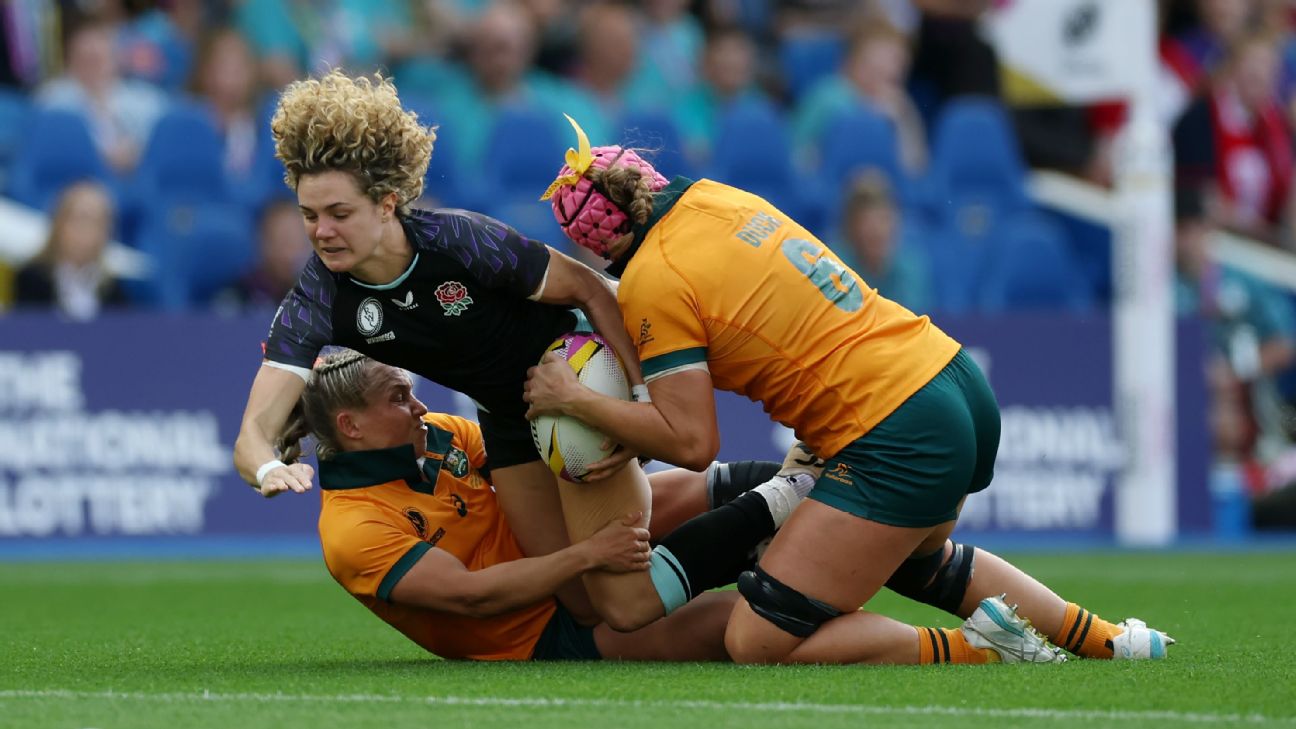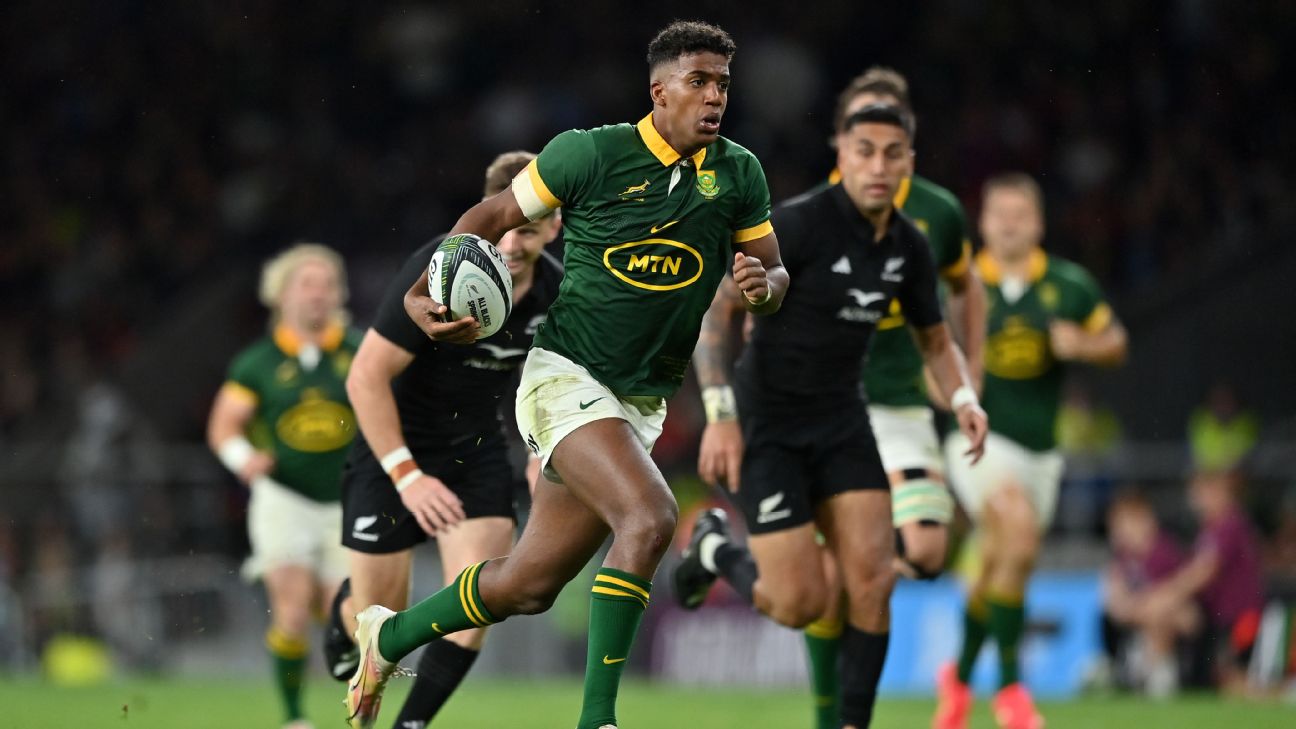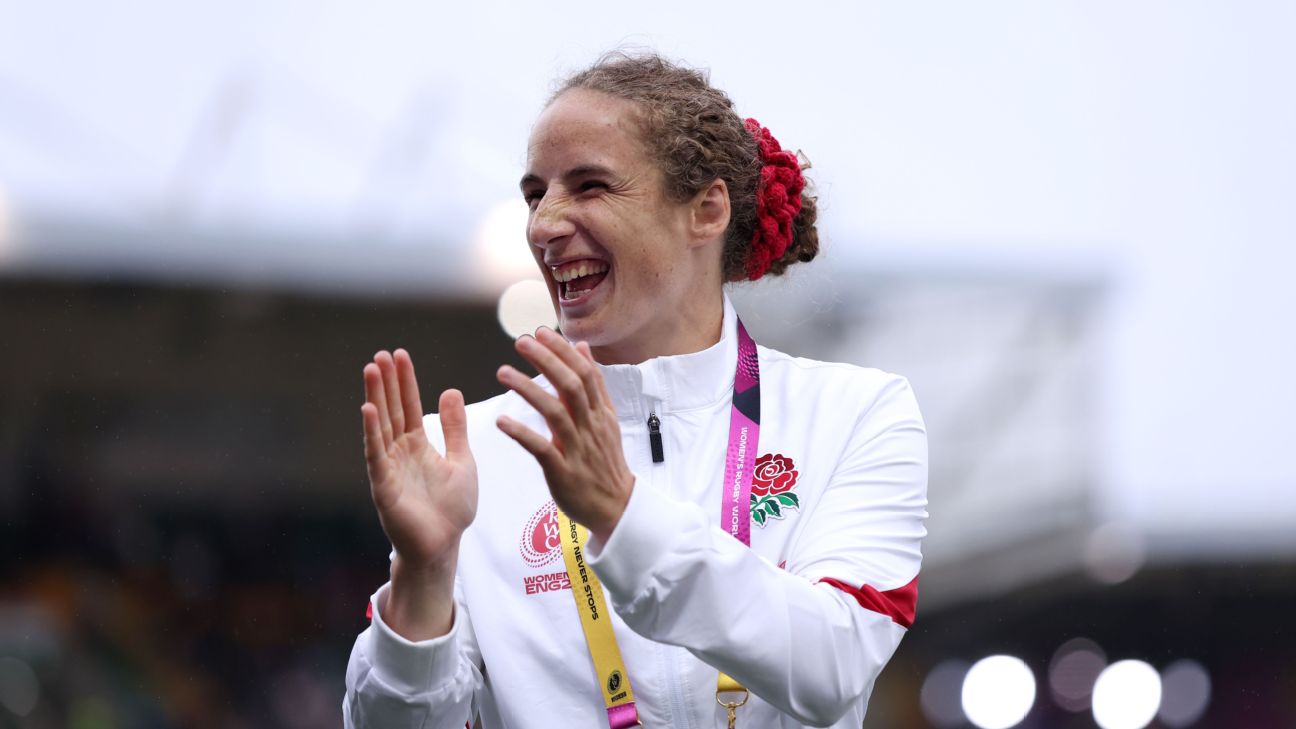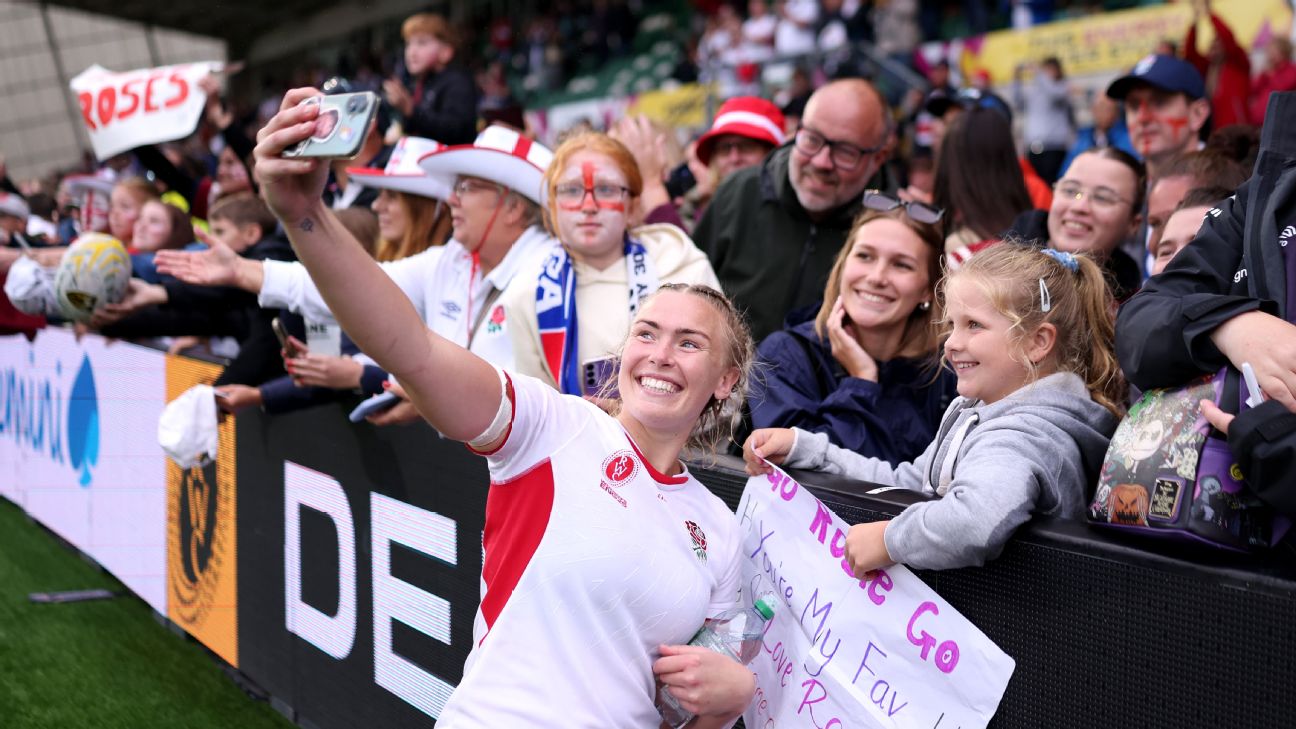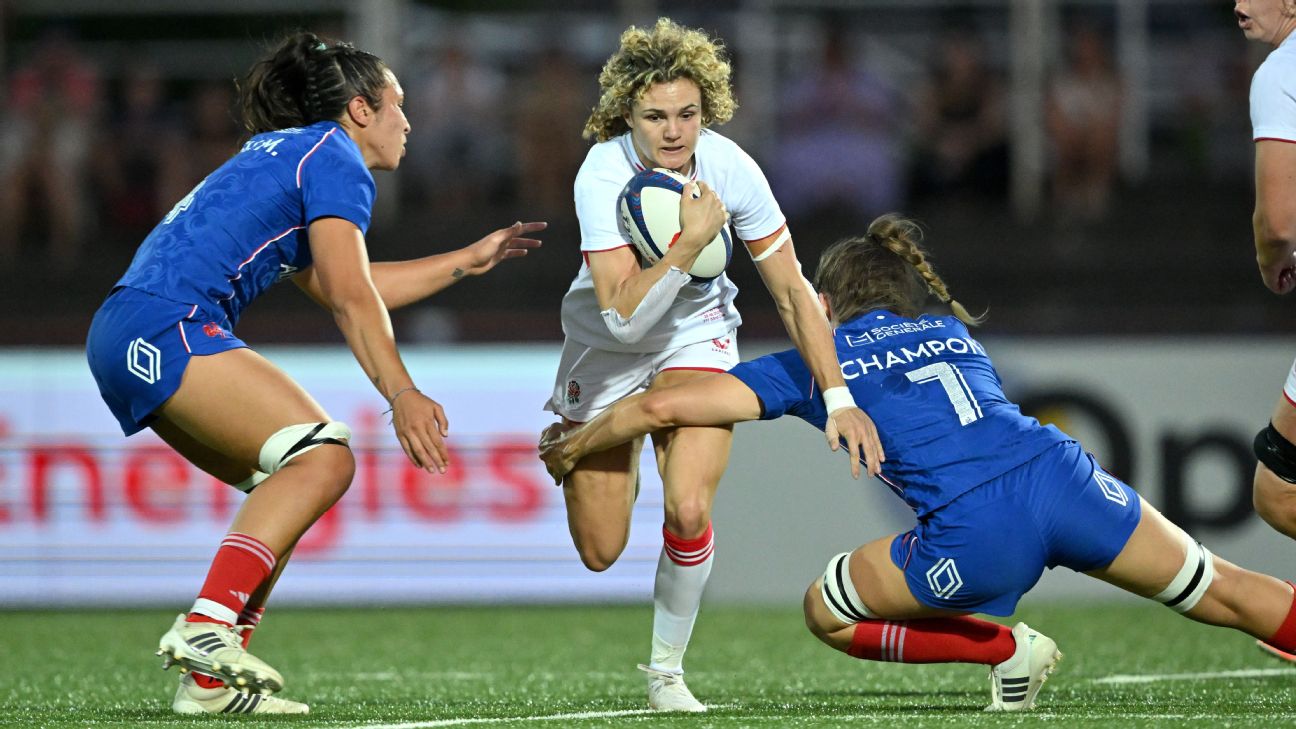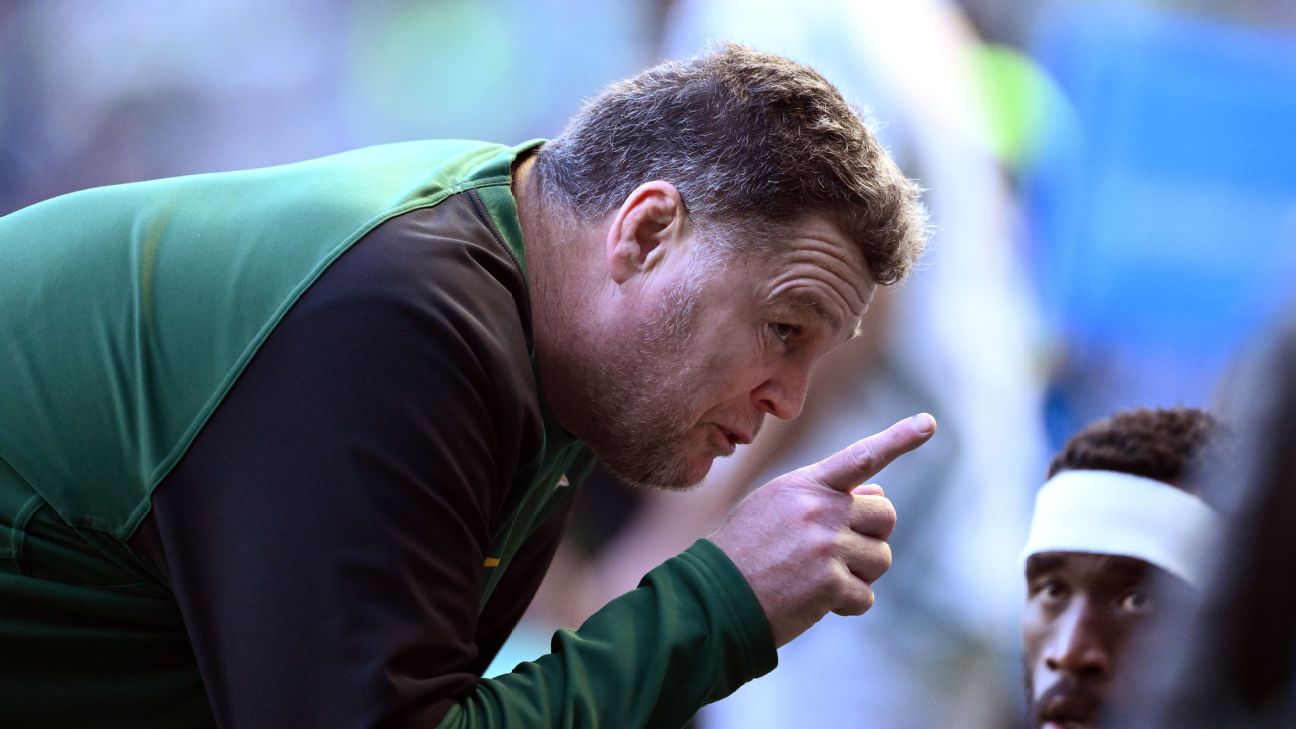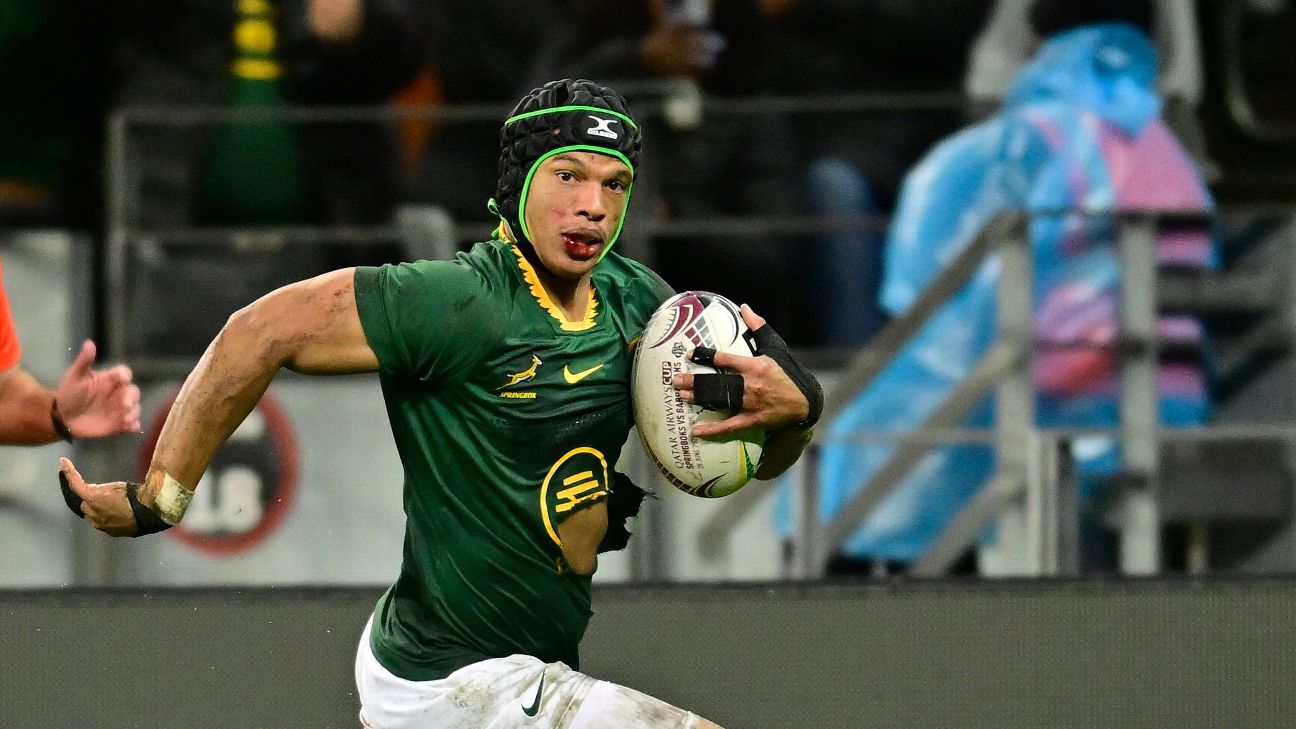Wallabies' Leadership Strategy: Why Joe Schmidt Prefers a Rotating Captaincy Over a Permanent Skipper
Explore why Wallabies coach Joe Schmidt opts for a rotating captaincy model with Harry Wilson, emphasizing shared leadership and adaptability in high-stakes rugby.

In the dynamic world of international rugby, leadership can often be the linchpin of a team's success. For the Wallabies, under the guidance of coach Joe Schmidt, the approach to captaincy is anything but traditional. Despite Harry Wilson's growing influence and his role as captain in nine of the last ten Tests, Schmidt has no plans to anoint him as the permanent skipper. Instead, he champions a leadership group model that distributes responsibilities and fosters a collective approach to decision-making.
The Case for a Leadership Group
Schmidt's strategy is rooted in the belief that shared leadership can enhance team dynamics and adaptability. "We have a pretty strong leadership group and those guys tend to share the responsibility to lead the team," Schmidt explained. This approach not only alleviates the pressure on a single individual but also leverages the diverse strengths and experiences within the team.
Harry Wilson's Evolving Role
Harry Wilson, primarily known for his prowess as a No. 8, has been thrust into the captaincy role due to injuries and strategic needs. While he has shown commendable growth, Schmidt notes that Wilson is still acclimatizing to the demands of leadership. "Harry doesn't have a massive experience of captaining teams. He hasn't done it that often, so it's still something he's coming to terms with and learning about," Schmidt remarked.
Historical Context and Future Implications
Historically, the Wallabies have seen a revolving door of captains, which some argue has led to inconsistency. However, Schmidt's current model aims to stabilize this aspect by embedding a culture of shared responsibility. As the Wallabies face the British and Irish Lions in a crucial series, the effectiveness of this strategy will be put to the test.
Referee Management and Game Adaptability
Another critical aspect of Schmidt's leadership philosophy is the ability to manage referees and adapt to their officiating styles. With Italian referee Andrea Piardi taking charge in the upcoming Test, Schmidt emphasized the importance of adaptability. "We just have to adapt to what they allow. That's something that, again, as a less experienced [Wallabies] team, is part of the learning process," he said.
Conclusion
As the Wallabies continue their campaign, the rotating captaincy model under Joe Schmidt's stewardship offers a unique approach to leadership in modern rugby. Whether this strategy will yield the desired results remains to be seen, but it undeniably reflects a progressive and inclusive ethos that could redefine leadership in the sport.













